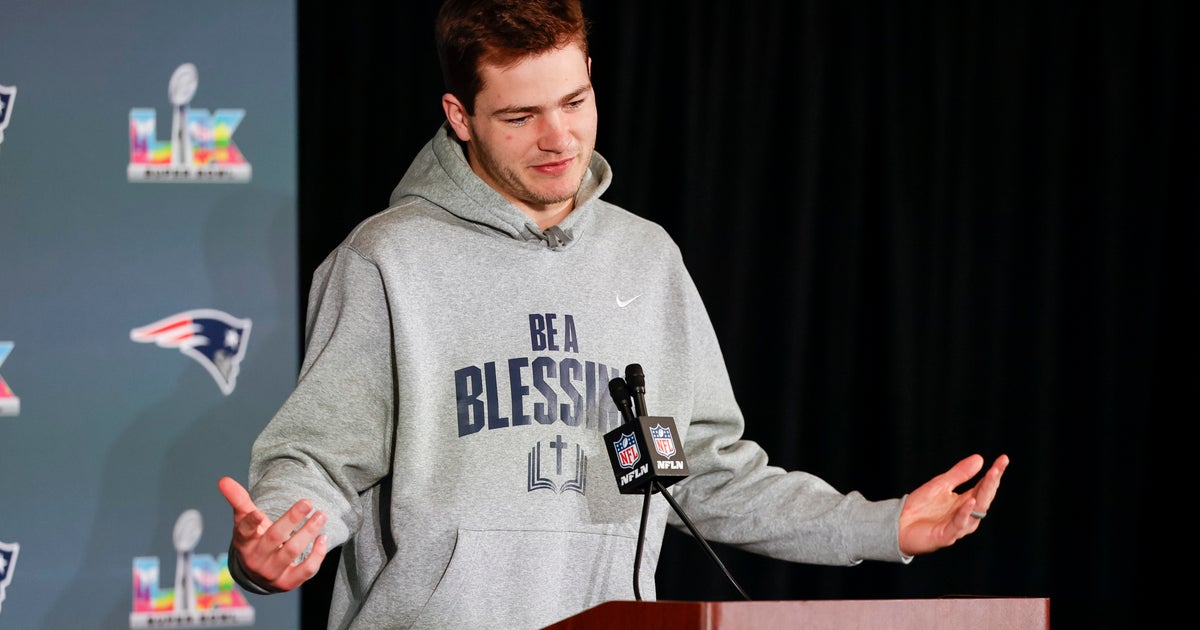Studies: Blue Light From Phones, Computers Could Lead To Major Eye Problems
Follow KDKA-TV: Facebook | Twitter
PITTSBURGH (KDKA) - You wouldn't stare at the sun for hours on end, but you're already doing something very similar and it's likely having a huge impact on your eyes.
Your cellphone, tablet and even your TV use blue light. While some is necessary for good health, the kind coming from your devices will likely cause a lot of problems down the road when it comes to your eyesight.
Depending on how long you look at the light could lead to a condition that causes blindness.
Dr. Michael Cross owns OneVision Health and Wellness in McMurray.
He says clinical research pointing to smartphone and tablets causing damage to the eyes should make you think twice about how long you and your kids stare at technology's greatest gifts.
"We're raising this generation of kids, of young adults and even older adults who are spending hours and hours and hours of time staring at these devices," Dr. Cross said.
The problem it the blue light emitted from the screen. It's in the exact range where it does the most harm.
"Phones, tablets are a big source of that wavelength - 430-440 nanonmeters, that is very damaging to the eyes," he said. "Shorter wavelength, but higher in energy. It penetrates through the lens, the cornea to get to the back of the eye, to the retina."
It could lead to macular degeneration, which is a serious condition that can cause blindness.
Because of the excess exposure to blue light from things like our smartphones and tablets, the expectation is that more people will get macular degeneration and it'll likely happen at an earlier age. But, there are things that you can do to minimize your risk.
"There are certain apps you can put on android devices, Apple devices most of them free of charge that they will actually filter out that blue light," Dr. Cross said.
An even better option are special blue light blocking lenses.
"My son for instance, he doesn't have a prescription, he doesn't need glasses, but he wears glasses that filter out the blue light and they're kind of unique that they filter out the bad blue light, but let the good blue light in," Dr. Cross said.
It's a precaution that Dr. Cross feels his son will thank him for one day.
"What we're gonna see are these kids in their teens now, 20s now, we're not gonna see those effects for 40, 50 years," Dr. Cross said.
Protecting his sight from the ever-growing high-tech world, where we are the guinea pigs.
"That's gonna be the long term test is what happens to the people who are growing up in this digital age when they're 70, 80 years old?" Dr. Cross said.







